'For Our Lives: Parkland' shows the journey of survivors from grief to activism
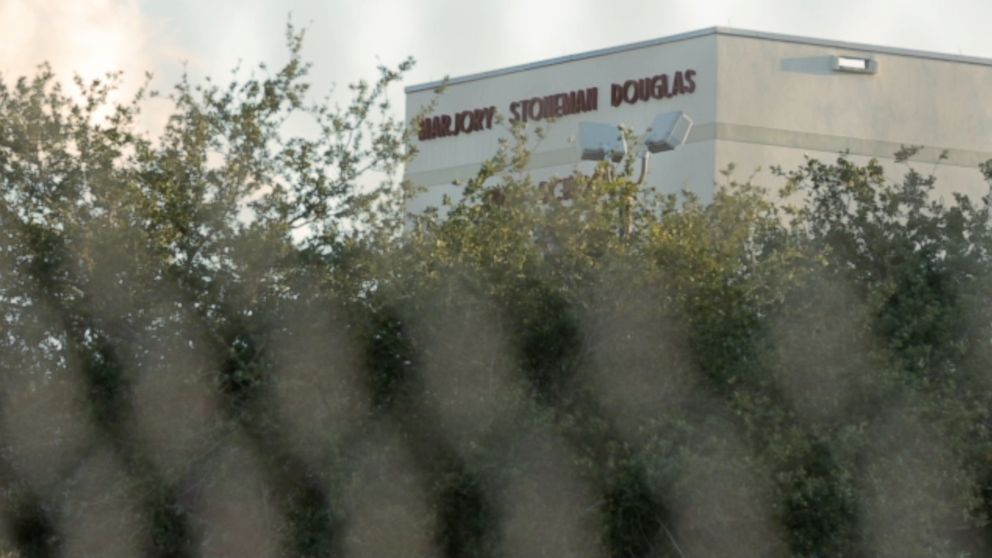
"Someone was hunting my classmates," freshman Brooke Harrison said.
Sitting between her parents in their family living room, she recalled the events on February 14, the day a gunman opened fire in her honors English class at Marjory Stoneman Douglas High School.
"We were the warning shot," Brooke said about her class, one of the first to be attacked. "We didn’t get a warning shot."
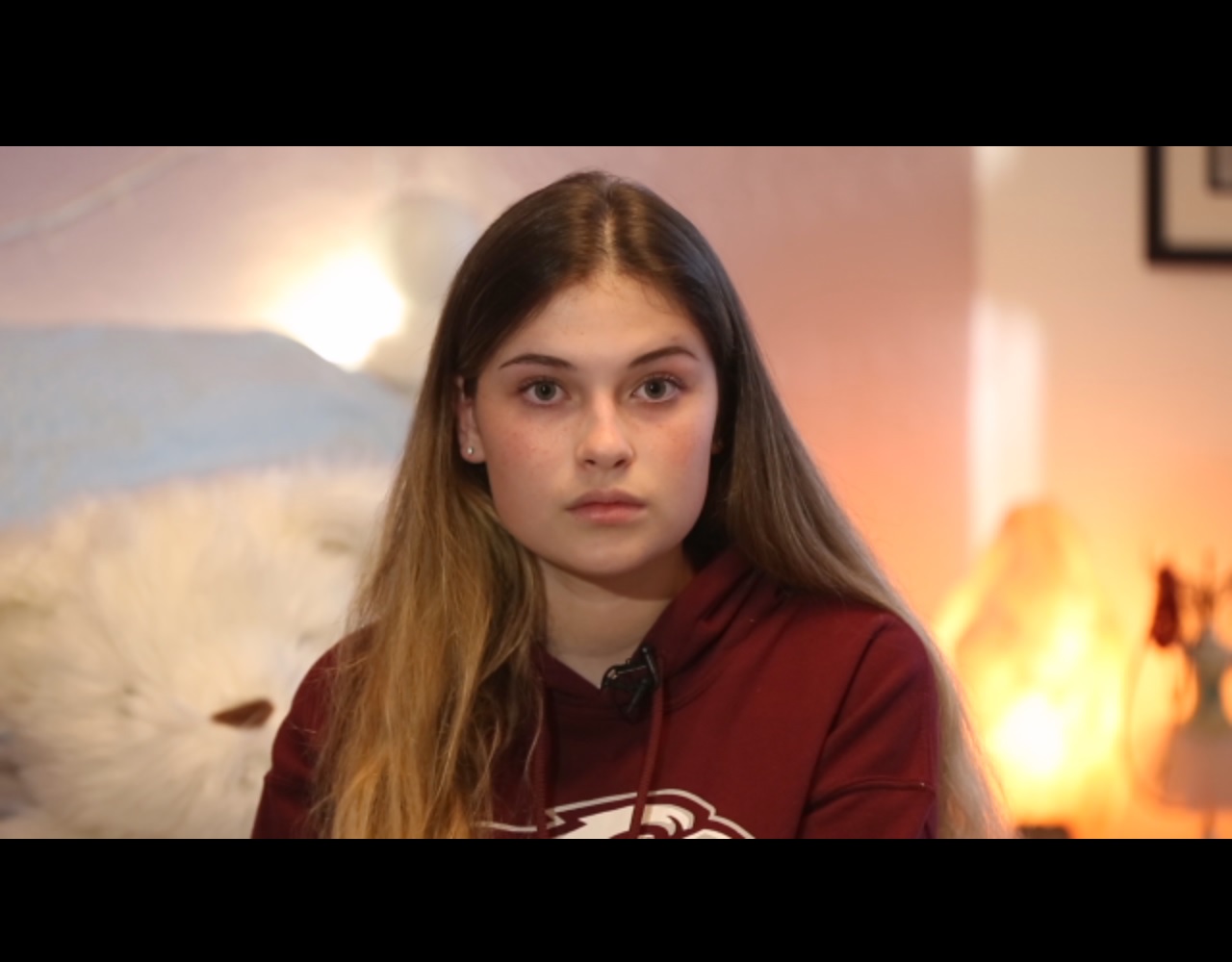
The gunman killed seventeen people that day in Parkland, Florida -- three of them students from Brooke's class, including her friend Alaina Petty.Brooke Harrison is one of six students ABC News "Nightline" has followed since the immediate aftermath of the tragedy. Their stories will be featured in the upcoming documentary "For Our Lives: Parkland" airing on Freeform on Monday, April 30.
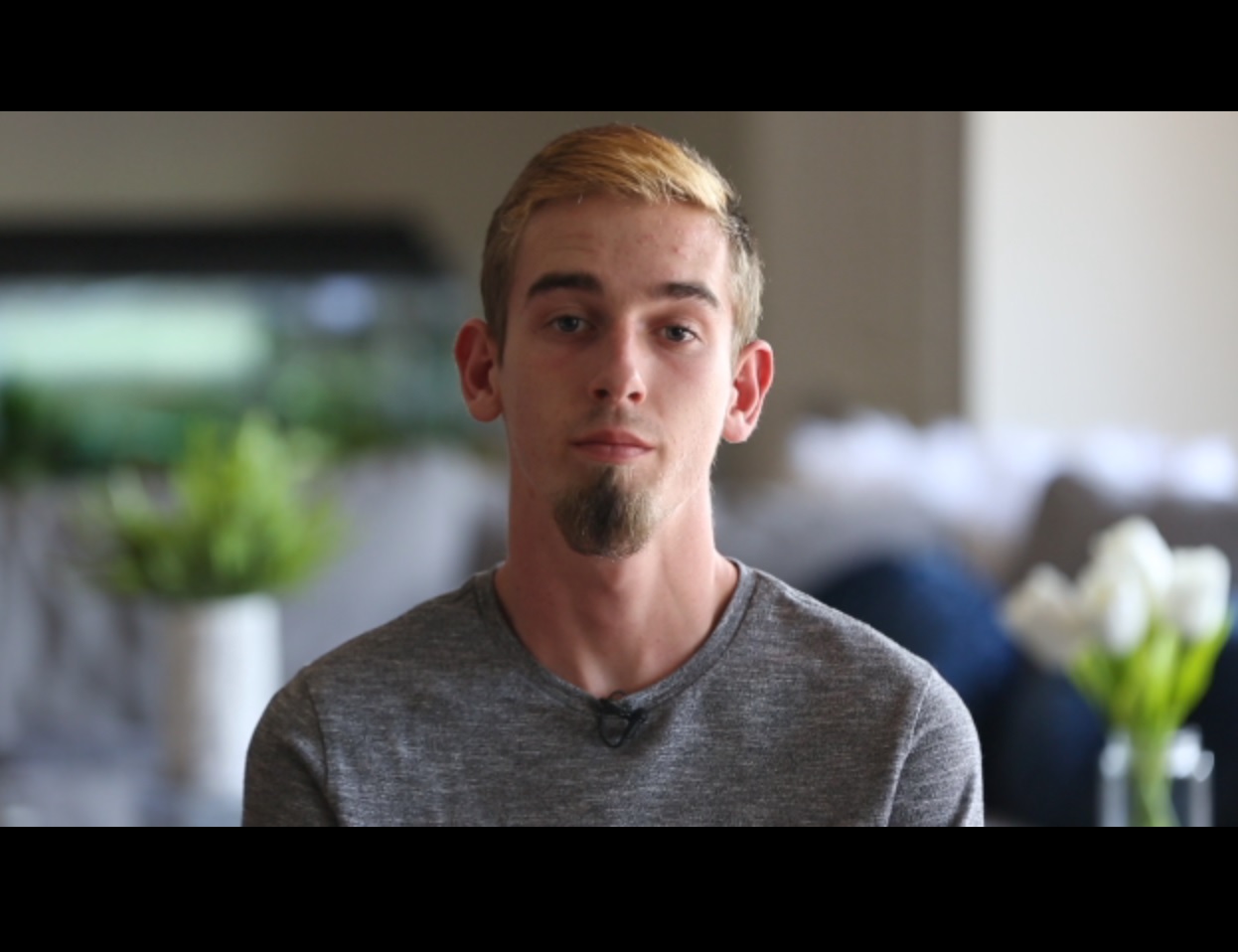
The one-hour special is the first collaboration between "Nightline" and Freeform, hosted by journalist and former editor-in-chief of Teen Vogue, Elaine Welteroth. The special also includes explainers from the media company ATTN about gun violence and related statistics, and the history of student activism.
"Nightline" was allowed rare access into the lives of the six students, capturing personal moments of grief and loss, as well as larger milestones as they took their first steps into political participation -- many which became national headlines.
The students tell their stories in their own words, without added narration. The intimate portraits show a community as it evolves from the unimaginable tragedy.
One of the moments of political awakening is a student-organized trip to Florida’s capital in February, when senior Ariana Ortega prepared to meet her lawmakers for the first time.
"It’s just a conversation, not an argument," said Ortega as she marched towards the capitol building. "We’re ready to hear their ideas. I would like to see what they have to put on table."
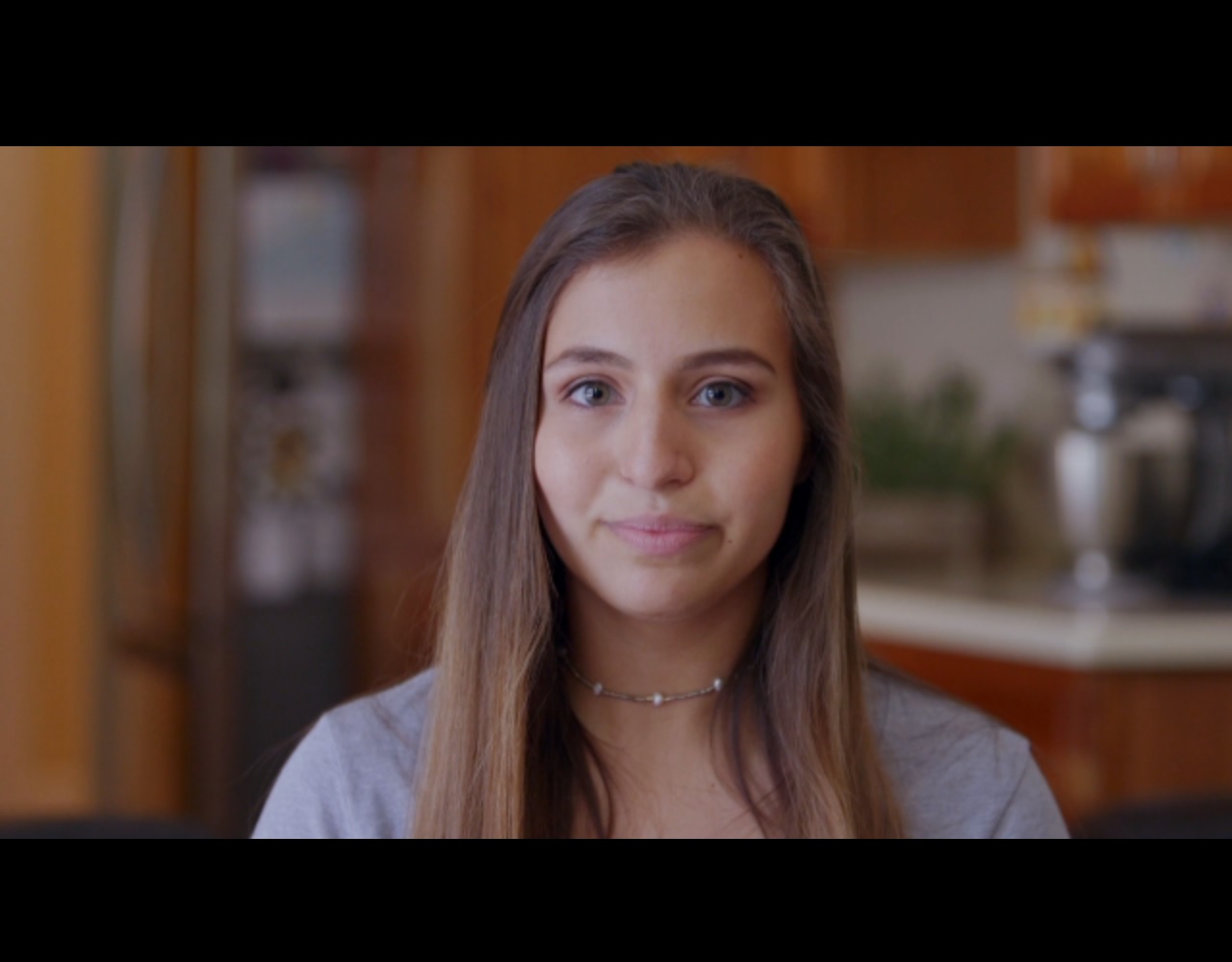
While some students took to activism right away, others were still recovering from the tragedy, like junior Victoria Gonzalez who lost her boyfriend Joaquin Oliver.
"I can’t be as loud as I want to be right now. So I’m not going to stop there yet, but I definitely plan to," said Gonzalez during an interview in her family’s backyard. "I’m just not ready yet."
She shared her memories of Joaquin with "Nightline."
"We just clicked right away," she said. "You know, kind of corny like love at first sight but I swear, I swear."
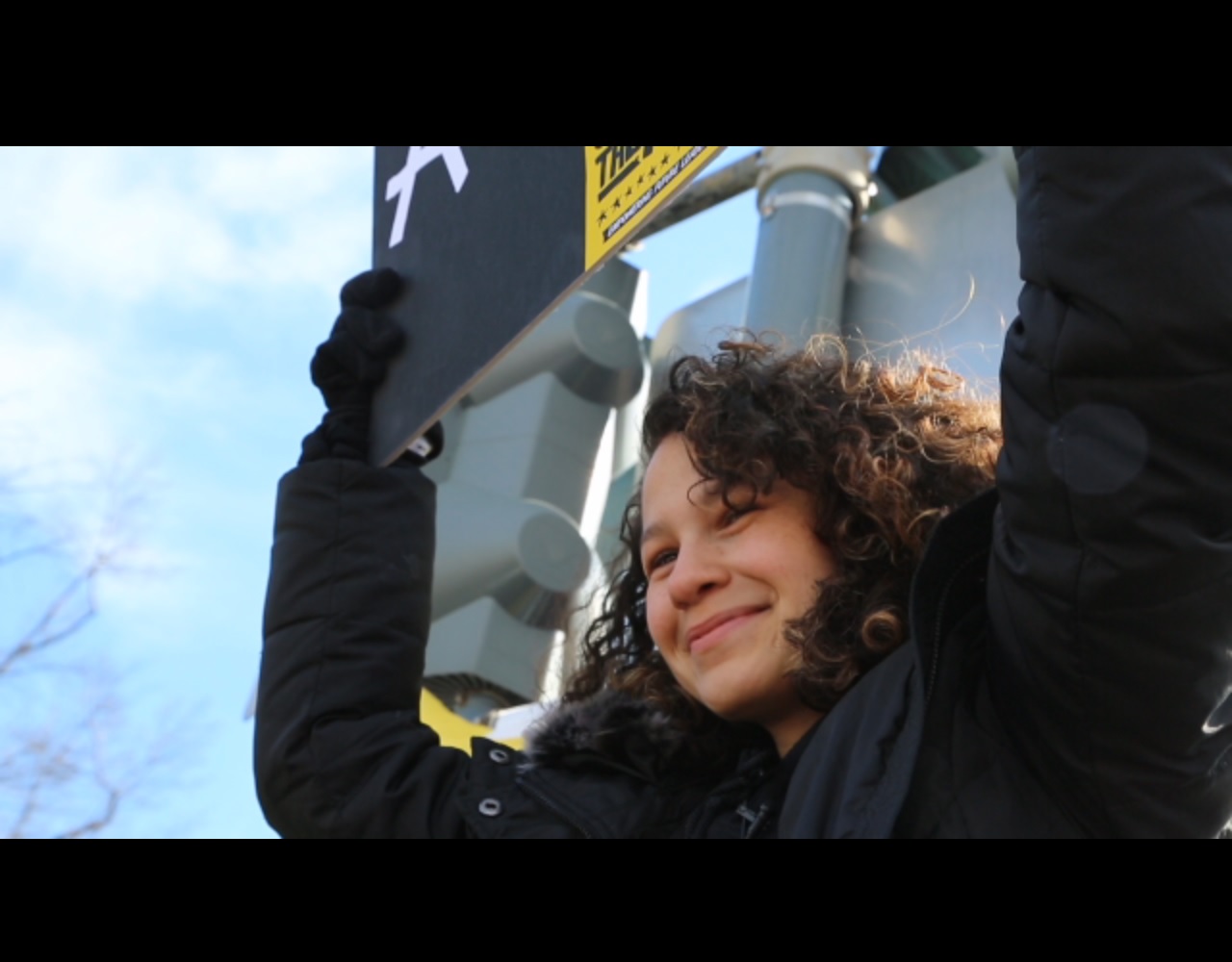
Through personal videos featured in the documentary, viewers get a glimpse of the close relationship the two shared.
"I feel him, like laughing when I laugh," Gonzalez said. "I feel like he's like living through me in a way."
Dillon McCooty met Joaquin when they were 3 years old -- he was his best friend.
"He’s always been like the light in the room," he recalled. "Somebody I talked to every day about everything."
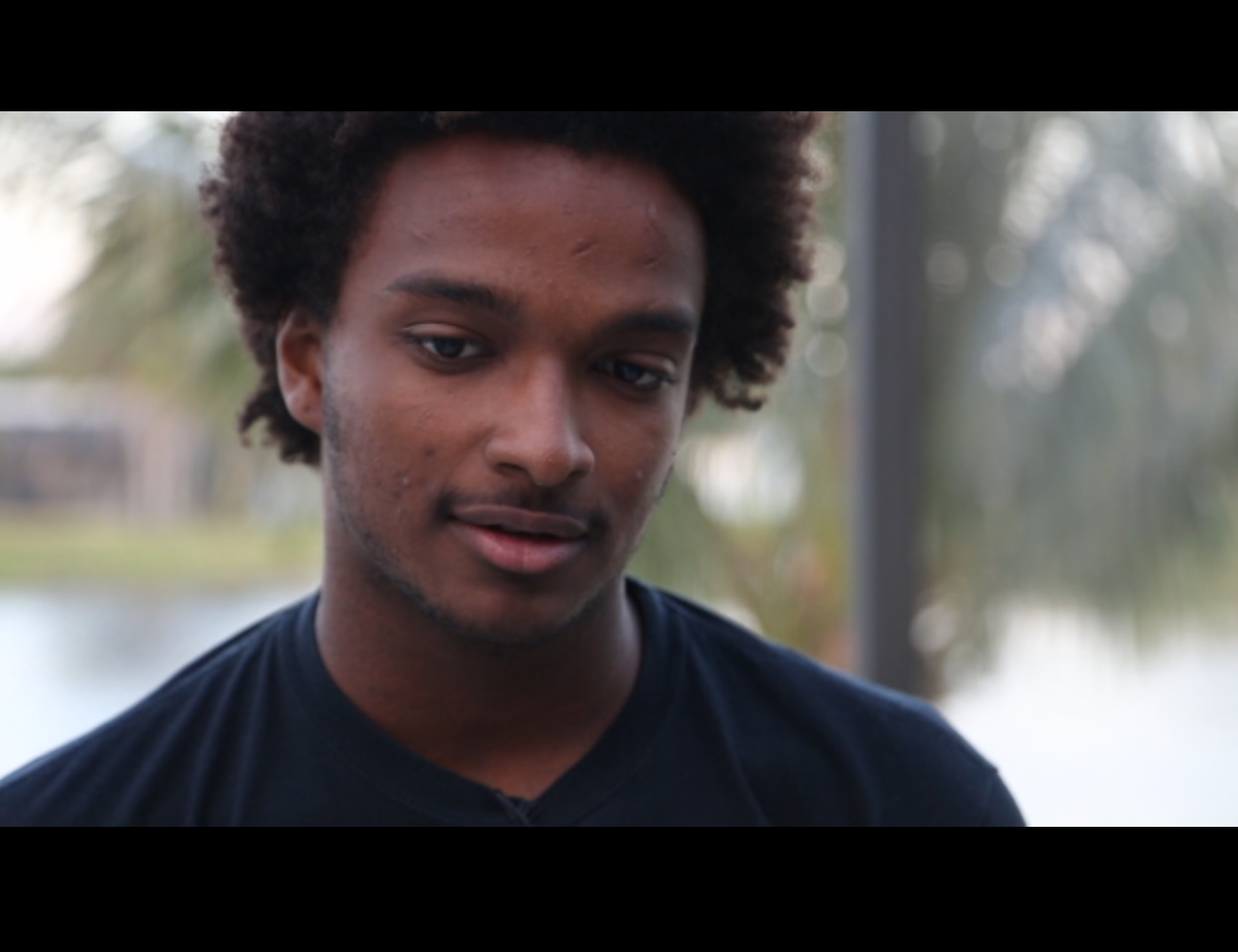
McCooty said Joaquin’s father asked him to wear his late best friend’s jersey on the recreational basketball team Joaquin organized.
"Joaquin’s goal at the beginning of the year was to win the championship," Dillon told "Nightline." "We knew what we had to do for him."
In the end, many of the students from Parkland and from across the country found their voices on the national stage at the March For Our Lives in Washington D.C. They reflected on how the tragedy has forever changed their lives and looked forward to where continuing activism could take them next.



